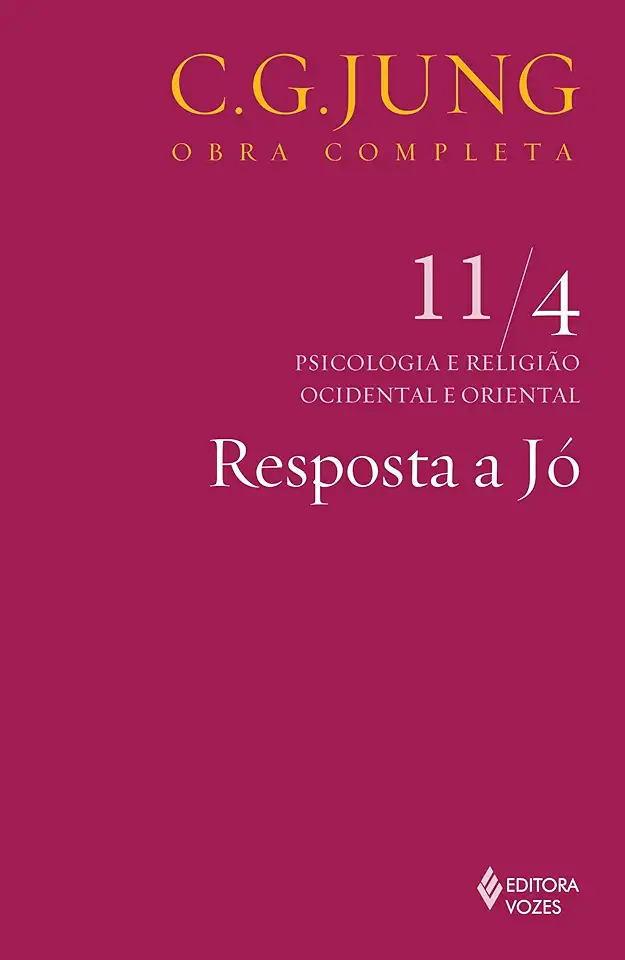
Answer to Job - C. G. Jung
Answer to Job: A Psychological Commentary on the Book of Job
In his profound and thought-provoking book, "Answer to Job," renowned psychiatrist and philosopher C. G. Jung delves into the complexities of human suffering and the search for meaning in the face of adversity. Through a psychological interpretation of the biblical Book of Job, Jung offers a unique perspective on the age-old questions of why innocent people suffer and how we can find solace and understanding in the midst of pain.
Jung's Psychological Approach
Jung approaches the Book of Job not as a theologian or a religious scholar, but as a psychologist seeking to understand the psychological dynamics at play in the story. He argues that Job's suffering is not a punishment for sin, as traditionally interpreted, but rather a symbol of the universal human experience of pain and loss.
The Shadow and the Self
Central to Jung's analysis is the concept of the shadow, the dark and repressed side of the human psyche. Jung suggests that Job's suffering is a manifestation of his own shadow, the parts of himself that he has denied or ignored. By confronting his shadow, Job embarks on a journey of self-discovery and individuation, the process of becoming a whole and integrated individual.
The Transcendent Function
As Job grapples with his suffering and questions the justice of God, he undergoes a transformative experience that Jung refers to as the transcendent function. This function allows Job to transcend his limited human perspective and glimpse the vastness and mystery of the divine. Through this experience, Job finds a deeper sense of meaning and purpose in his suffering.
The Problem of Evil
Jung acknowledges the problem of evil and the apparent contradiction between a benevolent God and the existence of suffering. He argues that evil is not a separate entity but rather a product of human consciousness, a result of our limited understanding and our tendency to project our own darkness onto the world.
The Book of Job as a Psychological Drama
Jung sees the Book of Job as a psychological drama that unfolds within the depths of the human soul. It is a story of inner conflict, self-discovery, and the search for meaning in the face of adversity. Through Job's journey, Jung offers a profound exploration of the human psyche and the complexities of the human condition.
Why You Should Read "Answer to Job"
"Answer to Job" is a must-read for anyone seeking a deeper understanding of human suffering, the nature of evil, and the search for meaning in life. Jung's psychological insights provide a fresh and thought-provoking perspective on the biblical text, offering a unique blend of psychology, philosophy, and spirituality.
Whether you are a religious believer, a skeptic, or simply someone curious about the human condition, "Answer to Job" will challenge your assumptions and leave you with a profound sense of reflection. It is a book that will stay with you long after you finish reading it, inviting you to embark on your own journey of self-discovery and the pursuit of meaning.
Enjoyed the summary? Discover all the details and take your reading to the next level — [click here to view the book on Amazon!]